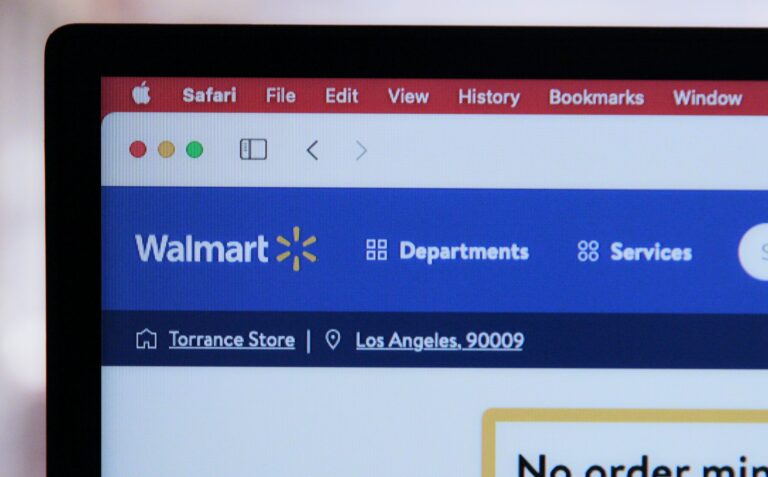Protect Yourself from Fraud: Boost Trust and Security in the USA
In the United States, Know Your Business (KYB) is not merely a regulatory obligation; it is a pivotal practice essential for upholding the integrity of financial operations and cultivating trust within the business landscape. As reported by AIPrise, the prevalence of financial crimes has surged, with an estimated $300 million laundered annually through various illicit schemes, highlighting the increasing importance of effective KYB practices.
Understanding the Importance of KYB
KYB serves to verify the legitimacy of businesses, ensuring they operate within established legal frameworks. This verification is crucial in preventing the entry of entities involved in money laundering, tax evasion, and other fraudulent activities into the financial system. Additionally, it plays a significant role in identifying ultimate beneficial owners (UBOs), which is vital for maintaining transparency and compliance with U.S. regulations.
Building Trust through Strong KYB Practices
Implementing robust KYB processes is instrumental in fostering trust among customers, partners, and regulators. Businesses that demonstrate a commitment to ethical practices and compliance are more likely to enhance their market reputation, which is invaluable in sustaining long-term partnerships.
Regulatory Framework Governing KYB in the USA
The KYB framework in the United States is shaped by stringent regulations, including the Bank Secrecy Act and the USA PATRIOT Act. These laws mandate meticulous record-keeping and reporting to combat financial crimes. Key agencies such as FinCEN and OFAC play critical roles in enforcing these regulations, ensuring that businesses adhere to the required standards of transparency and accountability.
Consequences of Non-Compliance
Failure to comply with KYB regulations can result in severe repercussions, including:
- Hefty financial penalties
- Significant reputational damage
- Operational disruptions such as audits or investigations
Steps for Effective KYB Implementation
To conduct KYB successfully, businesses should follow a structured approach that includes:
- Collecting and verifying detailed information about the business and its owners.
- Cross-referencing against government databases.
- Continuously monitoring for changes that might affect the business’s risk profile or compliance status.
Leveraging Technology for Enhanced KYB Processes
Recent advancements in technology have significantly improved the KYB process. Digital platforms facilitate the swift authentication of documents, while AI and machine learning enhance risk assessments and fraud detection, making the KYB process more efficient and accurate.
Overcoming KYB Challenges
Despite the benefits of technology, businesses may encounter challenges such as:
- Data privacy concerns
- Complex ownership structures
Staying updated with regulatory changes and employing sophisticated tools can effectively mitigate these challenges.
Best Practices for Sustaining KYB Compliance
For successful KYB implementation, businesses should:
- Develop a comprehensive KYB policy.
- Conduct regular staff training.
- Utilize advanced technologies.
- Perform periodic audits.
- Collaborate with third-party providers when necessary.
This structured approach not only ensures compliance but also fosters a strong culture of transparency and integrity within the organization.
The Future of KYB in the USA
As regulatory demands increase and financial crimes evolve, the importance of robust KYB practices in the USA cannot be overstated. Businesses must adapt to these challenges by implementing advanced technologies and best practices that ensure compliance and protect their operations from potential threats. For further insights into compliance standards, consider visiting SEC for more information.







